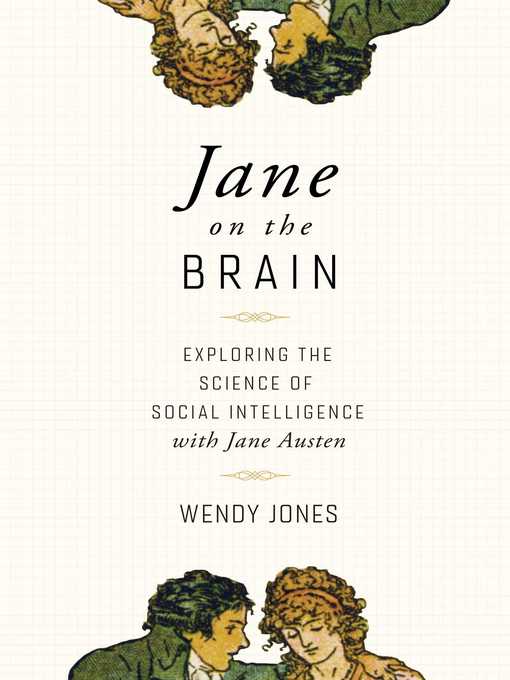
Jane on the Brain
Exploring the Science of Social Intelligence with Jane Austen
کتاب های مرتبط
- اطلاعات
- نقد و بررسی
- دیدگاه کاربران
نقد و بررسی

October 30, 2017
Being a Jane Austen fanatic isn’t required for appreciating this fascinating book; Jones, a psychotherapist and former English professor, will win over the initially unconverted by the book’s end. Austen’s appeal, according to Jones, comes largely from her acute social intelligence. This attribute encompasses both “automatic and nonconscious” and “fully conscious and self-reflective awareness.” Empathy is one hallmark of it; “mentalizing,” an understanding that “other people have minds,” is the second. The book engages with neuroscience, psychology, and psychotherapy, using Austen’s characters as case studies. Jones explains that “emotions are subcortical brain-body reactions that become feelings” when “consciously experienced.” Thus, in Pride and Prejudice, when Elizabeth Bennett is surprised by Mr. Darcy at Pemberly, her blush is the physiological expression (emotion) of her embarrassment (feeling). Jones also explores Nobel Laureate Eric Kandel’s work, which found that neurons change as the result of experience, applying his finding to how Marianne Dashwood, in Pride and Prejudice, recovers from depression after being jilted by a suitor. Readers will find this book well worth the generous investment of time required and finish it better informed about both the science behind human behavior and the artistry behind Austen’s work. Agent: Laura Wood, FinePrint.

January 1, 2018
Analyzing Jane Austen's works through the lens of popular psychology is nothing new. Taking on her ouevre with an eye to current neuroscience, though--that's novel. Although it's been done (see Beth Lau's Jane Austen and Sciences of the Mind), psychotherapist and former English professor Jones is the first to make the attempt on this scale and for a popular audience. She posits empathy as the core of Austen's social intelligence and the reason for the writer's enduring appeal. She explores each novel and its primary players armed with a psychological background, knowledge of neuroscience, and an understanding of theory of mind. At times the author has more success using text to illustrate scientific concepts than using the concepts to support the text, but readers with wide-ranging interests won't nitpick about the distinction. VERDICT Recommended for Janeites and general readers interested in social intelligence--one needn't be a huge Austen fan to enjoy this odd combo. Particularly recommended for those who would delight in using the DSM-5 to diagnose Persuasion's Sir Walter Elliot with narcissistic personality disorder.--Audrey Snowden, Milford Town Lib., MA
Copyright 2018 Library Journal, LLC Used with permission.

























دیدگاه کاربران